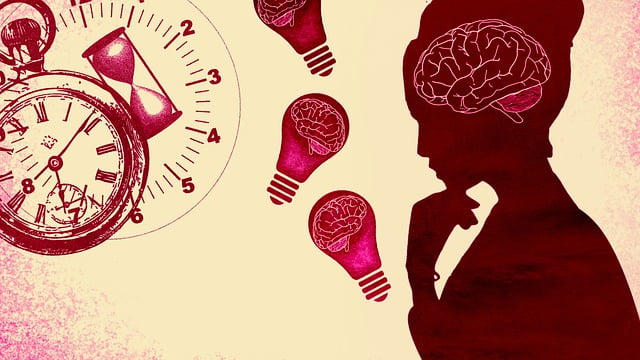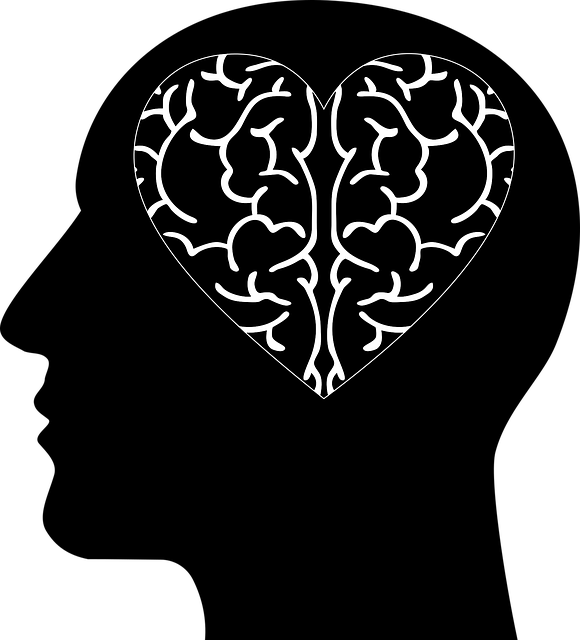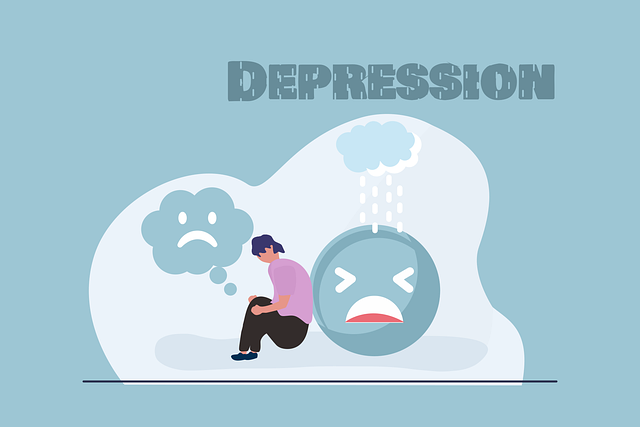Northglenn Alcohol Abuse Therapy focuses on mood regulation as a core component of its successful substance abuse treatment. Using personalized sessions, evidence-based cognitive and behavioral techniques, and holistic methods like mindfulness, yoga, and nutritional therapy, they empower individuals to manage emotions, replace harmful coping mechanisms, and achieve lasting recovery. Cultural sensitivity ensures a supportive environment for all clients.
Mood regulation is a cornerstone of effective mental health care, as demonstrated by the successful programs at Northglenn Alcohol Abuse Therapy. This article explores strategies for managing moods, delving into cognitive and behavioral techniques proven effective in therapy settings. We also uncover holistic approaches to stabilize emotions, providing a comprehensive guide for individuals seeking balanced well-being. Discover how these methods can empower you to navigate life’s challenges with resilience, drawing insights from the expertise of Northglenn Alcohol Abuse Therapy.
- Understanding Mood Regulation: The Foundation of Northglenn Alcohol Abuse Therapy
- Cognitive and Behavioral Techniques for Effective Mood Management
- Holistic Approaches to Stabilizing Moods: A Comprehensive Guide
Understanding Mood Regulation: The Foundation of Northglenn Alcohol Abuse Therapy

Understanding Mood Regulation is a cornerstone of Northglenn Alcohol Abuse Therapy. This therapeutic approach recognizes that managing emotions effectively is integral to overcoming substance abuse and promoting long-term recovery. At Northglenn, professionals are dedicated to equipping individuals with crisis intervention guidance, helping them navigate intense emotional states without resorting to alcohol or other harmful coping mechanisms.
Through personalized therapy sessions, clients learn essential depression prevention strategies and conflict resolution techniques tailored to their unique needs. By mastering these tools, individuals gain a deeper understanding of their emotional triggers and develop healthier ways to regulate their moods. This foundation of emotional resilience is vital for maintaining sobriety and fostering a fulfilling life free from the grip of alcohol abuse.
Cognitive and Behavioral Techniques for Effective Mood Management

Cognitive and behavioral techniques offer powerful tools for effective mood management. These evidence-based practices are central to Northglenn Alcohol Abuse Therapy, focusing on identifying and changing negative thought patterns and behaviors that contribute to emotional dysregulation. By understanding cognitive distortions like all-or-nothing thinking or catastrophizing, individuals can challenge these thoughts and replace them with more balanced perspectives.
Behavioral techniques complement this process by teaching skills such as mindfulness, relaxation exercises, and conflict resolution strategies, which are integral to the Mental Wellness Podcast Series Production. These practices not only enhance emotional resilience but also improve overall mental wellness. Moreover, they empower individuals to proactively manage stress and avoid triggers that might lead to adverse mood states, as emphasized in Risk Management Planning for Mental Health Professionals.
Holistic Approaches to Stabilizing Moods: A Comprehensive Guide

In today’s world, where stress and anxiety are prevalent, holistic approaches to stabilizing moods have gained significant importance. Northglenn Alcohol Abuse Therapy offers a comprehensive guide to these methods, focusing on the interconnectedness of mind, body, and spirit. By integrating practices such as mindfulness meditation, yoga, and nutritional therapy, individuals can achieve a deeper sense of balance and well-being. These techniques not only help in managing symptoms but also empower people to take control of their mental health.
Moreover, cultural sensitivity in mental healthcare practice plays a crucial role in effective mood regulation. A Healthcare Provider Cultural Competency Training ensures that therapists are attuned to the diverse needs of their clients. Incorporating cultural elements into therapy sessions boosts confidence and fosters a safer, more supportive environment. This tailored approach respects individual backgrounds and beliefs, making it easier for people to open up and engage in the healing process.
In navigating the complex landscape of mood regulation, as explored in this guide, it’s evident that a multifaceted approach is key. From cognitive and behavioral techniques to holistic practices, individuals like those seeking support at Northglenn Alcohol Abuse Therapy have a range of effective tools at their disposal. By understanding and managing their moods, folks can foster resilience, enhance well-being, and lead more fulfilling lives. This comprehensive journey towards emotional stability is a testament to the transformative power of knowledge and self-care.














